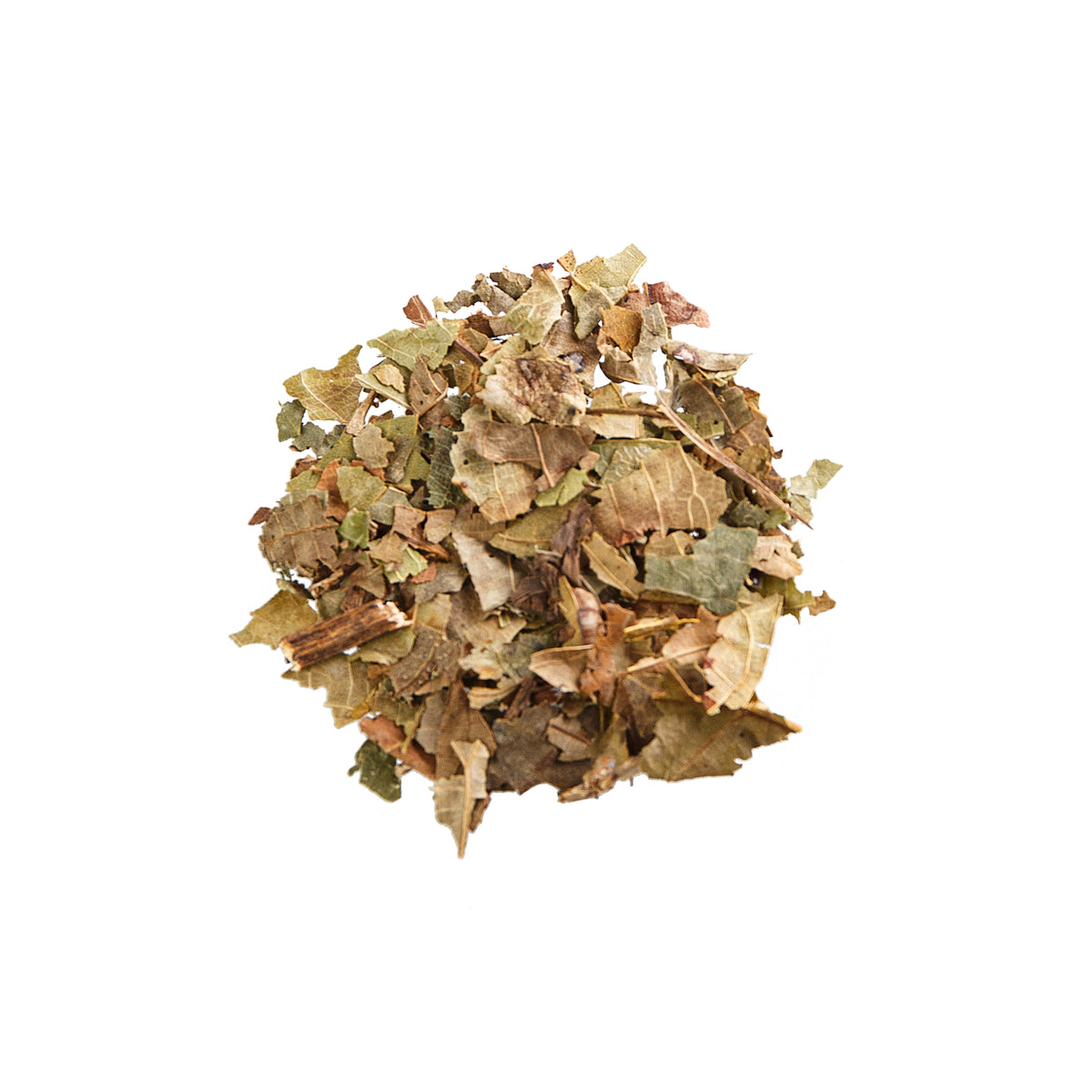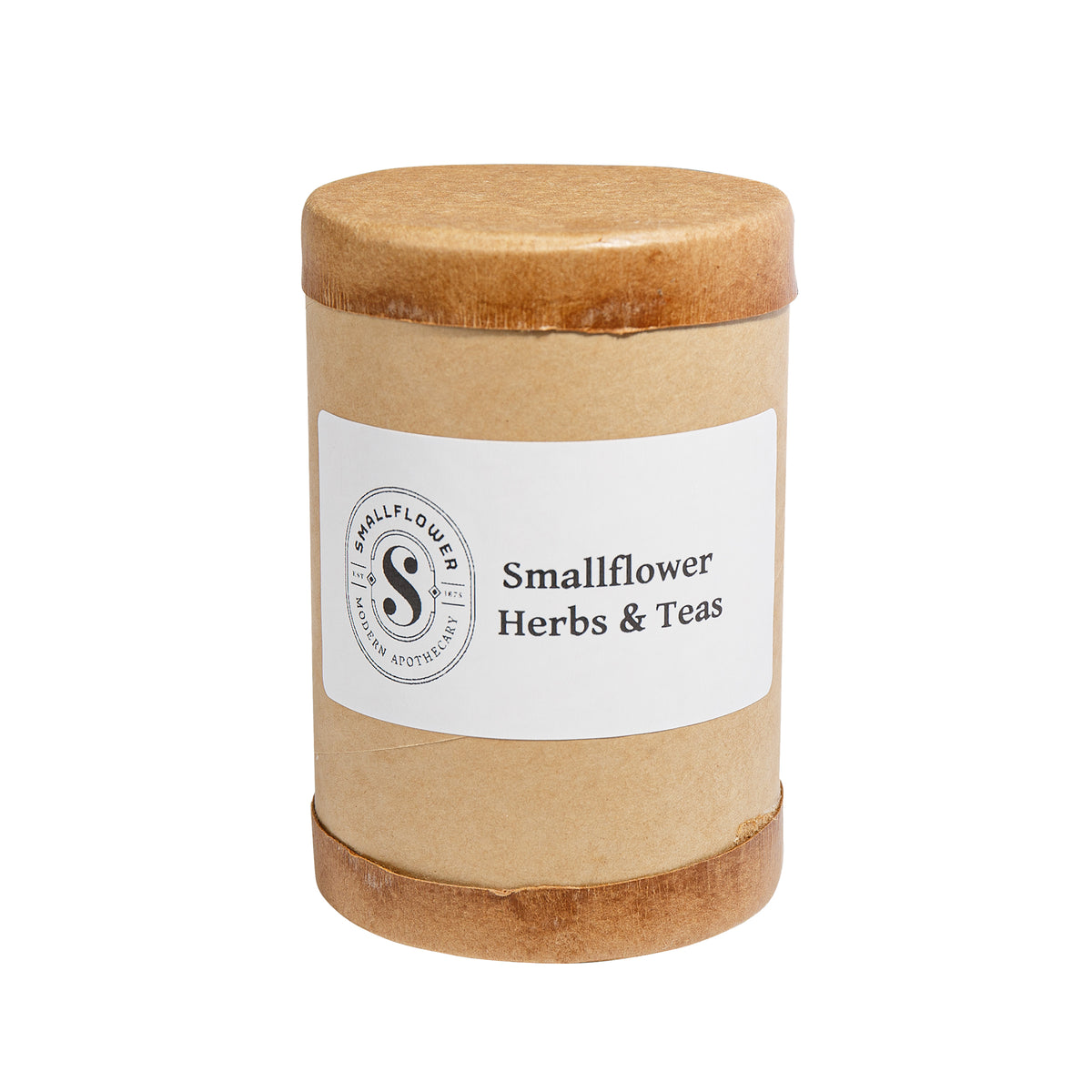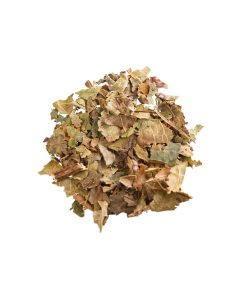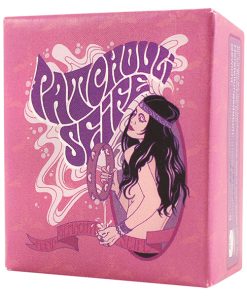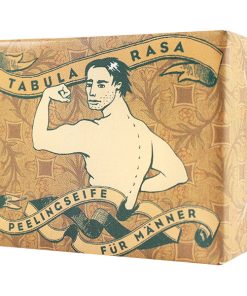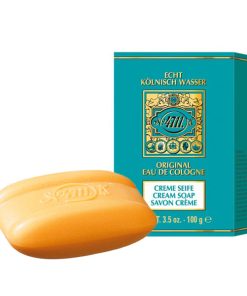Smallflower Black Walnut Leaves – Cut (Juglans nigra) (4 oz) #11221 Smallflower
$ 9,50 $ 5,70
Black Walnut (Juglans nigra) is a large, deciduous tree, native to Eastern North America, proliferating in woods and backyards all across the US. For those that know the Black Walnut as a common backyard fixture might say it’s a tree that does not play well with others. Not only does it drop a vast quantity of dark black hulled nuts that stain everything they come in contact with, it also dispenses a rare, natural herbicide called juglone from its roots to ward off any competing plants in its vicinity. That is all indeed true, but only a small part of the story.
Black Walnut is one of the true, great giants in our midst, a stalwart hardwood, and has been prized for its therapeutic and medicinal value for centuries. The abundant nuts provide delicious, nutrient rich food that can be easily stored for winter, the hulls have long been used for medicines and dyes. Black Walnut leaves are anti-oxidant and astringent, their beneficial properties readily extracted in water. Dried Black Walnut leaves can be infused to make a skin compress, or steeped as a slightly tannic and bitter, nutritious tea.
For many centuries, people from all over the globe have found fresh herbs to be a gentle yet effective health-enhancing blessing. These are our own hand packed loose herbs, packaged in old world apothecary style, air tight brown paper canisters to keep light and moisture out, and freshness in. Use in teas, tinctures, and elixirs.
| Size | 4 oz |
|---|
Fast Shipping and Professional Packing
Our long-standing partnership with UPS FedEx DHL and other carriers around the world lets us offer a range of shipping services. Our warehouse employees will pack all goods to our exacting specifications. Your goods are thoroughly checked and securely secured prior to shipment. We deliver to hundreds of thousands of customers each day in different countries. This shows our commitment to become the biggest online retailer on earth. The warehouses and centers of distribution are located in Europe, as well as the USA.
Orders with more than 1 item are assigned processing times according to each item.
We will thoroughly inspect all items ordered before shipping. The majority of orders will be delivered within 48 hours. It is expected that delivery will take between three and seven days.
Returns
Due to multiple parties which include the factory as well as the warehouse, we are unable to effectively manage inventory. The stock levels may fluctuate at any given time. Be aware that it is possible that your order will run out of stock even after you have made the order.
Our policy lasts for thirty days. We cannot exchange or refund your order if it has been 30 days from the date of purchase.
The item you purchase must be in its original packaging and be unused. The item must be in the original packaging.
Related products
Aftershaves
Antiperspirant & Deodorant
European Soaps
